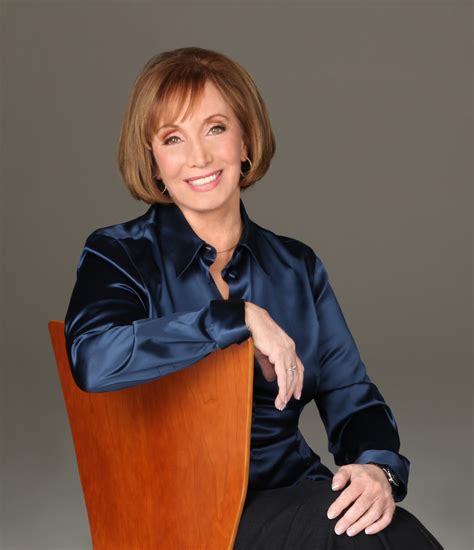A Quote by Ralph Waldo Emerson
Man carries the world in his head, the whole astronomy and chemistry suspended in a thought. Because the history of nature is charactered in his brain, therefore he is the prophet and discoverer of her secrets. Every known fact in natural science was divined by the presentiment of somebody, before it was actually verified.
Related Quotes
What a wee little part of a person's life are his acts and his words! His real life is led in his head, and is known to none but himself. All day long, the mill of his brain is grinding, and his thoughts, not those of other things, are his history. These are his life, and they are not written. Everyday would make a whole book of 80,000 words -- 365 books a year. Biographies are but the clothes and buttons of the man -- the biography of the man himself cannot be written.
The individual man, in introspecting the fact of his own consciousness, also discovers the primordial natural fact of his freedom: his freedom to choose, his freedom to use or not use his reason about any given subject. In short, the natural fact of his "free will." He also discovers the natural fact of his mind's command over his body and its actions: that is, of his natural ownership over his self.
One can truly say that the irresistible progress of natural science since the time of Galileo has made its first halt before the study of the higher parts of the brain, the organ of the most complicated relations of the animal to the external world. And it seems, and not without reason, that now is the really critical moment for natural science; for the brain, in its highest complexity-the human brain-which created and creates natural science, itself becomes the object of this science.
Nor has science sufficient humanity, so long as the naturalist overlooks the wonderful congruity which subsists between man and the world; of which he is lord, not because he is the most subtile inhabitant, but because he is its head and heart, and finds something of himself in every great and small thing, in every mountain stratum, in every new law of color, fact of astronomy, or atmospheric influence which observation or analysis lay open.
Every man has a weakness," he patiently explained. "I'll find theirs, I promise you." "Every man?" "Yes," he answered emphatically. His hand moved to the back of her neck. Twisting her curls around his fist, he jerked her head back. His face loomed over hers, his breath warm and sweet as he stared down into her eyes. "What is your weakness, Brodick?" she asked. "You.
It is natural that a man should consider the work of his hands or his brain to be useful and important. Therefore nobody will object to an ardent experimentalist boasting of his measurements and rather looking down on the 'paper and ink' physics of his theoretical friend, who on his part is proud of his lofty ideas and despises the dirty fingers of the other.
Experiment and Theory in Physics
Miserable is the man who loves a woman and takes her for his wife, pouring at her feet the sweat of his skin and the blood of his body and the life of his heart, and placing her in the hands of the fruit of his toil and the revenue of his diligence; for when he slowly wakes up, he finds that the heart that he endeavored to buy is given away freely and in sincerity to another man for the enjoyment of its hidden secrets and deepest love.
The size of a man's income has considerable effect on his access to the world beyond his neighborhood. With money he can overcome almost every tangible obstacle of communication, he can travel, buy books and periodicals, and bring within the range of his attention almost any known fact of the world.
Srinivasa Ramanujan was the strangest man in all of mathematics, probably in the entire history of science. He has been compared to a bursting supernova, illuminating the darkest, most profound corners of mathematics, before being tragically struck down by tuberculosis at the age of 33, like Riemann before him. Working in total isolation from the main currents of his field, he was able to rederive 100 years' worth of Western mathematics on his own. The tragedy of his life is that much of his work was wasted rediscovering known mathematics.








































